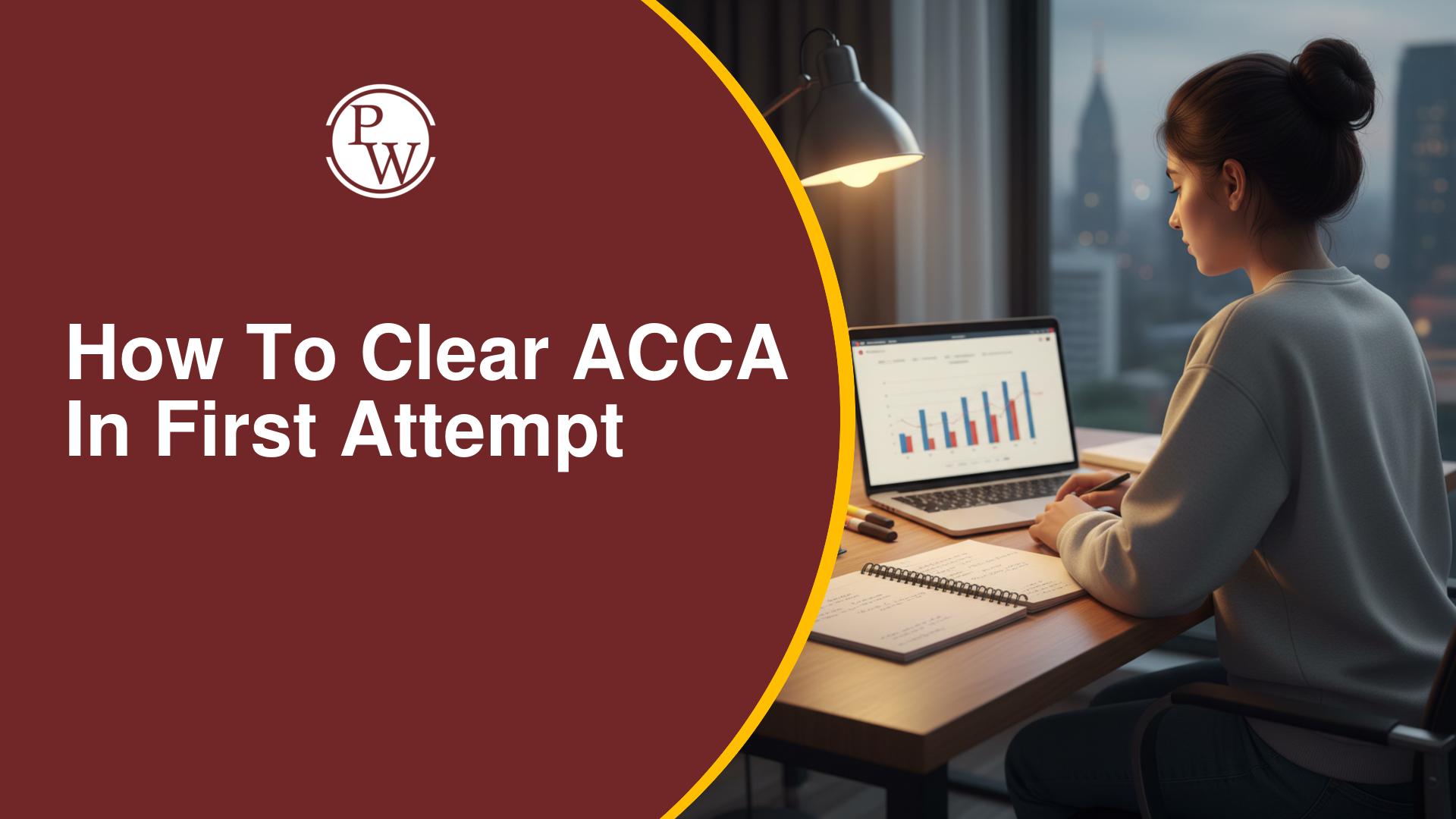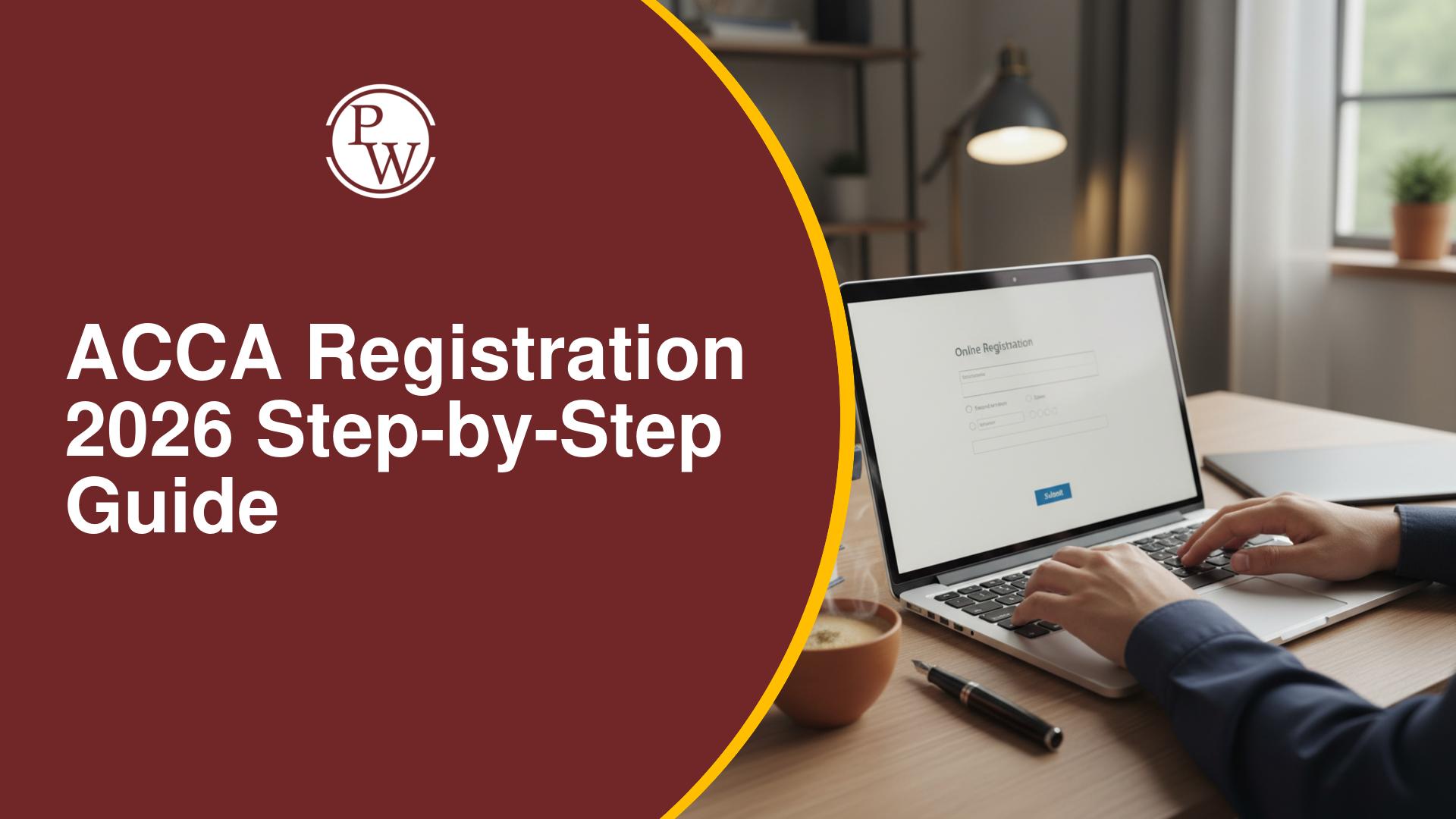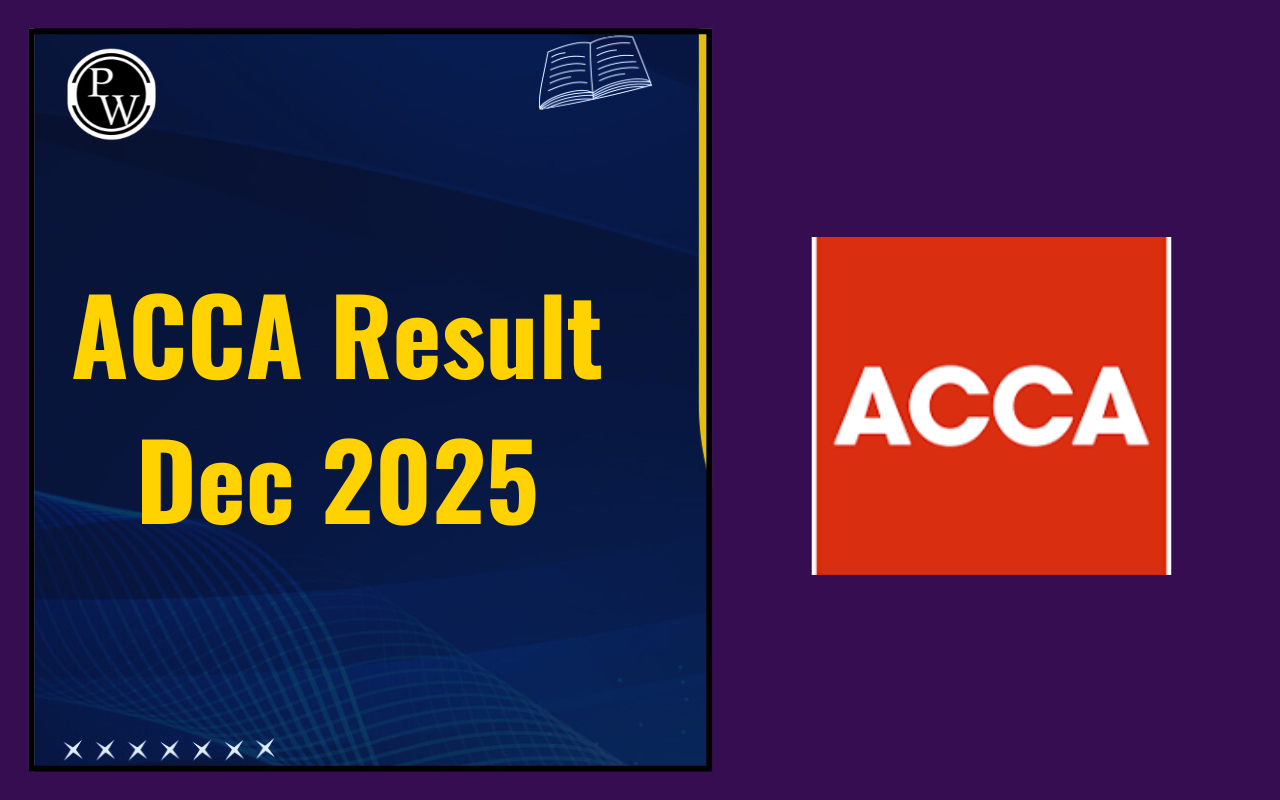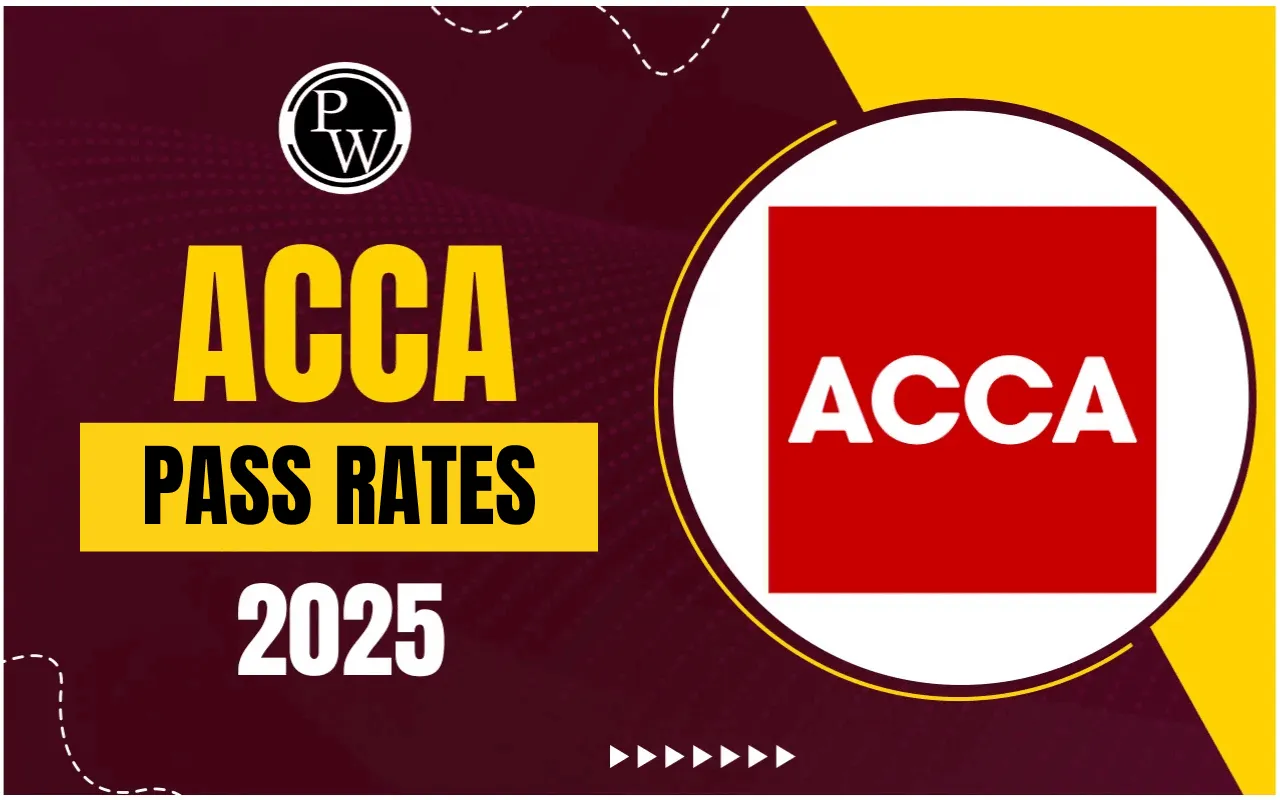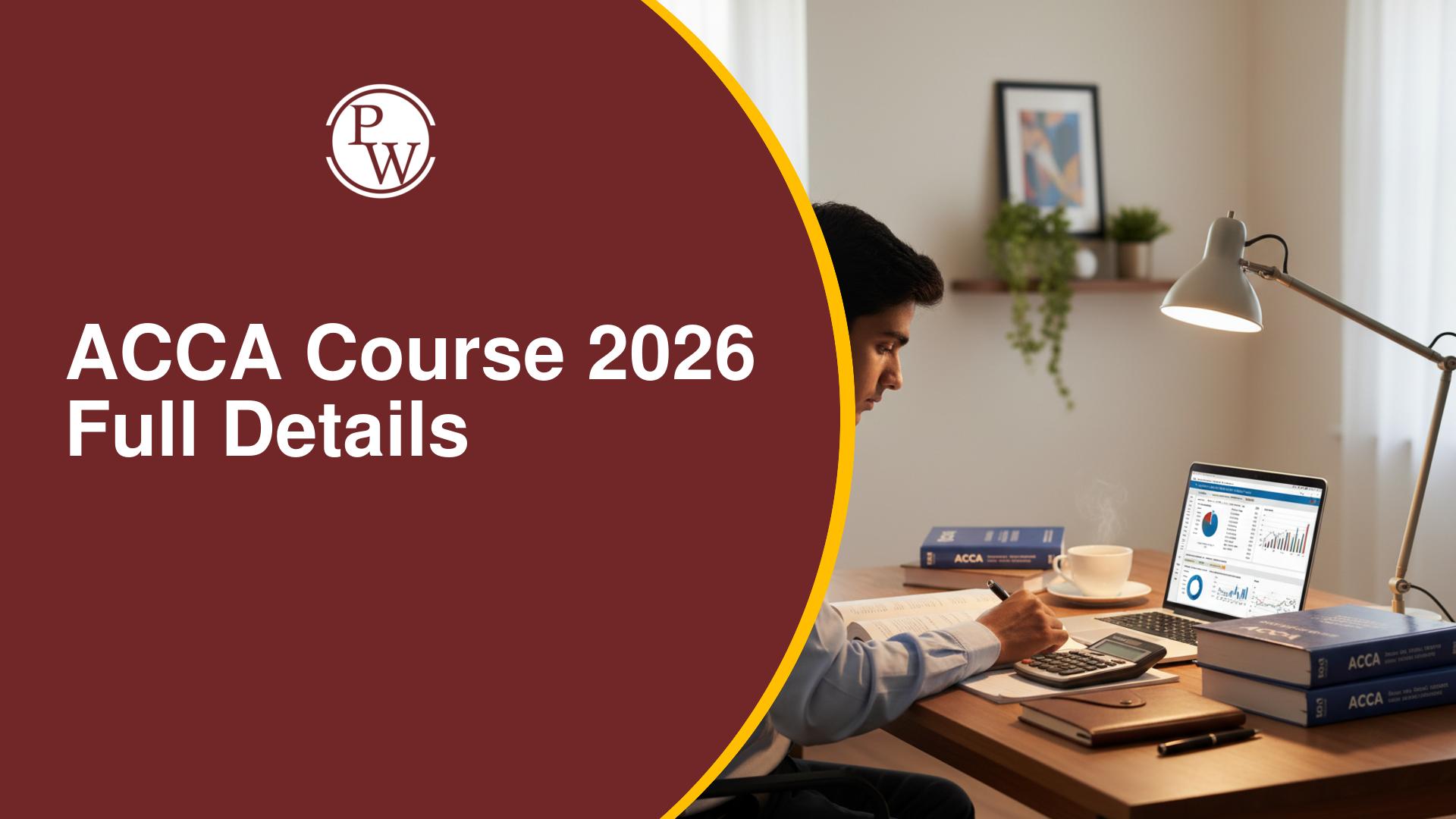
Balancing professional responsibilities and personal development can often seem challenging. However, the encouraging news is that it is entirely possible to excel in both areas simultaneously.
The ACCA qualification offers an ideal opportunity for individuals aspiring to become globally recognised accounting professionals. What makes it even more appealing is that this can be pursued alongside full-time employment.
The ACCA programme is specifically structured to provide flexible study options, enabling professionals to enhance their skills and advance their careers without interrupting their current work commitments. It presents a practical and efficient pathway for those aiming to achieve international accounting expertise. Let us explore how this can be effectively integrated into your career journey.
Benefits of Pursuing ACCA While Working
Choosing to pursue the ACCA qualification alongside full-time employment offers numerous professional and personal advantages. Below are some of the key benefits:
1. Immediate Career Growth
By studying for the ACCA qualification while working, you immediately apply newly gained knowledge and skills within your professional environment. This practical application can lead to faster career advancement, increased responsibilities, and potential salary growth. Additionally, employers often view ACCA candidates as ambitious professionals committed to enhancing their expertise.
2. Valuable Work Experience
The ACCA programme recognises the importance of relevant work experience in building a successful accounting career. By combining work with your studies, you naturally fulfil the practical experience requirements necessary for completing your ACCA qualification, often achieving it more efficiently than those studying full-time.
3. Enhanced Networking Opportunities
As an ACCA candidate actively working in the industry, you gain valuable opportunities to expand your professional network. Your growing credentials boost your credibility, allowing you to connect with industry peers, experienced mentors, and ACCA members worldwide. This network can prove invaluable for career guidance, job opportunities, and industry insights.
4. Financial Security
Maintaining full-time employment while studying ensures a steady income stream, reducing the financial pressure often associated with professional qualifications. This financial stability allows you to manage your study expenses comfortably while focusing on achieving your career and educational goals without significant monetary concerns.
ACCA Study Options
The Association of Chartered Certified Accountants (ACCA) understands that many of its students are working professionals with demanding schedules.
To support their career and education goals, ACCA offers a variety of flexible study options tailored to different learning preferences and lifestyles. These options allow candidates to balance their studies with work and personal commitments effectively.
1. Online Learning
This convenient option enables students to study through ACCA-approved online learning providers like PW. It offers complete flexibility, allowing candidates to learn at their own pace and from any location with internet access. Online learning is ideal for those who need a study schedule that adapts to their work and personal responsibilities.
2. Self-Study
For independent learners, the self-study option allows students to prepare for their ACCA exams using official ACCA study materials and resources, available online. This method provides full control over study times and progress, making it suitable for individuals who prefer a flexible, self-directed learning experience.
3. Classroom Learning
Students who value face-to-face interaction can choose classroom learning through ACCA-accredited learning providers. This format offers structured lessons, direct guidance from experienced tutors, and opportunities to collaborate with fellow students. It’s a beneficial option for those who prefer a traditional, interactive learning environment.
4. Blended Learning
Blended learning combines the benefits of both classroom and online education. Students attend in-person classes while also having access to a range of online resources and support tools. This approach offers a balanced mix of structured guidance and flexible, self-paced study.
Also Check: How to Get an ACCA Scholarship in 2025?
How to Balance ACCA Studies with Work?
Managing a full-time job while pursuing your ACCA qualification can be challenging, but it’s achievable with the right approach. By implementing effective strategies, you can excel in both areas. The following is how to make this dual journey smoother:
1. Set Achievable Goals
Define clear and realistic objectives for your ACCA journey. Decide which exams you aim to pass within a specific timeline or how you plan to apply your learning at work. Having measurable goals keeps you focused and motivated.
2. Prioritize Wisely
Identify the most critical tasks in your work and studies. Create a simple priority list to manage your responsibilities efficiently. Focus on what matters most to stay organized and make the best use of your time.
3. Plan Your Study Schedule
Develop a weekly study plan that aligns with your work commitments. Dedicate specific time slots for studying and stick to them. Consistency is key to building a routine that accommodates both ACCA and your job.
4. Use Work Breaks Effectively
Utilize short breaks during your workday to review flashcards, read through concepts, or practice quick questions. These mini-study sessions can reduce your workload outside of office hours and keep your progress steady.
Time Management Strategies for ACCA with Work
Mastering time management is essential for success. The following are some proven techniques to optimize your productivity:
1. Apply the Pomodoro Technique
Work in focused 25-minute intervals followed by a 5-minute break. This approach helps you stay productive and avoid burnout. After several cycles, take a longer break to recharge.
2. Leverage Technology for Organization
Use tools like Google Calendar, Trello, or Notion to plan study sessions, track exam dates, and manage deadlines. Visualizing your commitments helps you stay on top of your schedule.
3. Communicate with Your Employer
Inform your employer about your ACCA studies. Many companies support employees pursuing professional development by offering flexible hours or additional resources.
4. Adapt When Necessary
Be prepared to adjust your plans if unexpected challenges arise. If work becomes particularly demanding, modify your study schedule to avoid feeling overwhelmed. Flexibility is crucial to maintaining balance.
| Also Check: |
| How To Self-Study For ACCA? |
| Can You Finish ACCA in Two Years? |
| Is ACCA Easy to Crack? |
| Can Indian ACCA Work In Other Countries? |
FAQs
Can I pursue ACCA while working?
How can I manage my time for ACCA studies while working full-time?
What are the benefits of pursuing ACCA while working?
What study options are available for ACCA candidates who are working?



